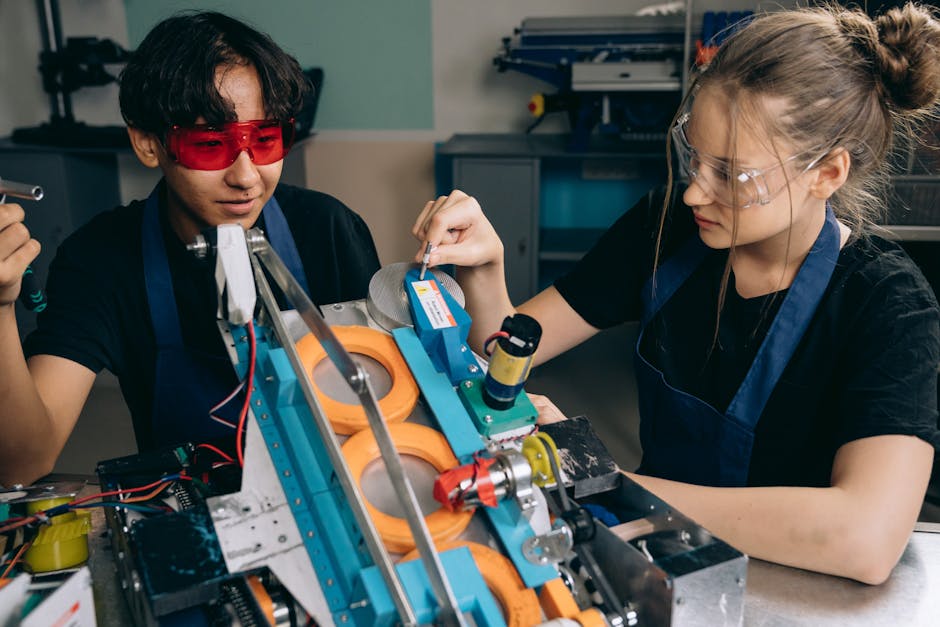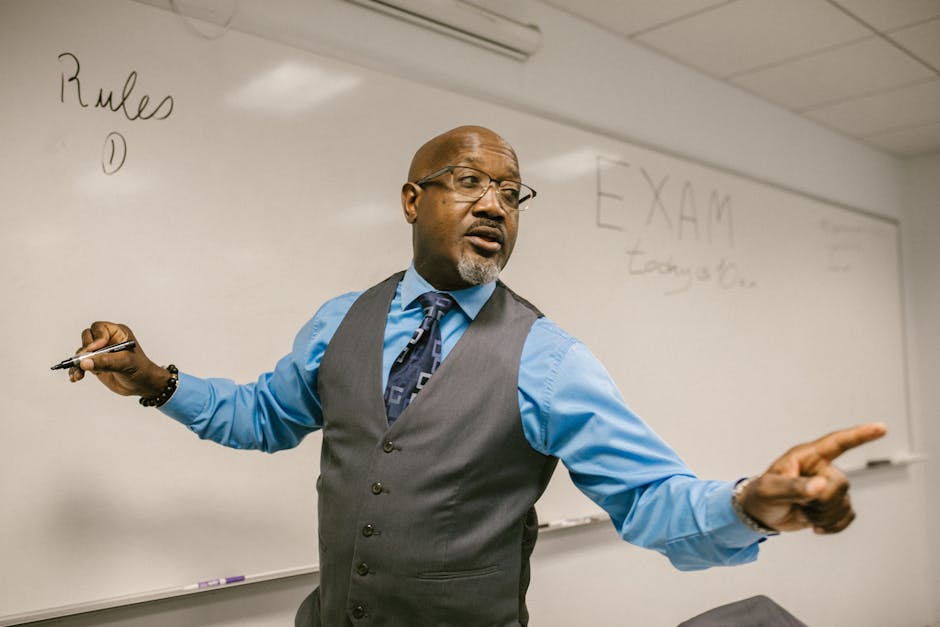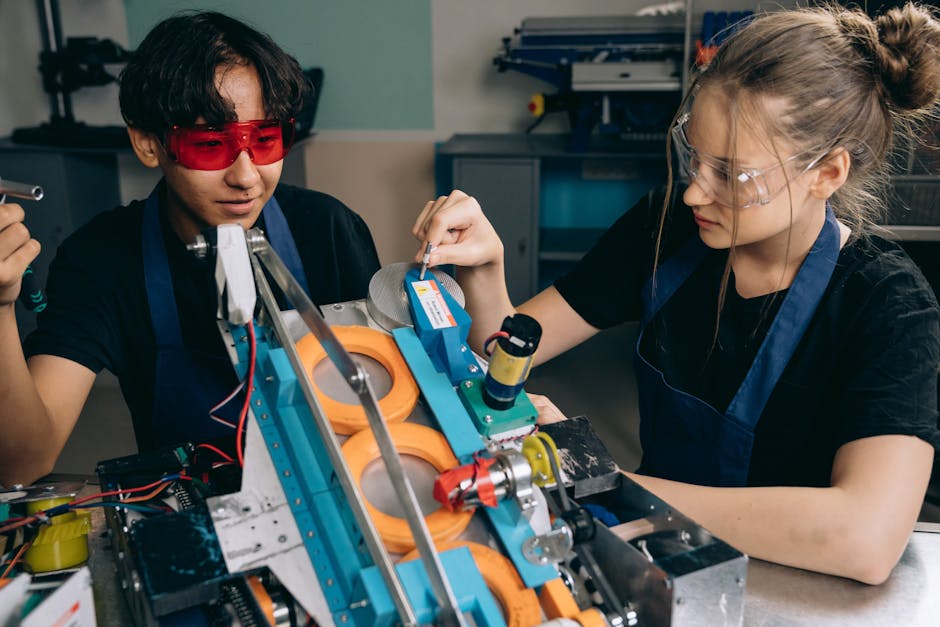Decoding the ‘F Students Are Inventors’ Meme: Innovation, Rebellion, and the Myth of Academic Success
The internet is a fertile breeding ground for memes, those rapidly spreading bits of digital culture that encapsulate ideas, emotions, and social commentary. Among the most enduring and thought-provoking is the “F Students Are Inventors” meme. This seemingly simple statement, often accompanied by images of famous inventors alongside their purportedly lackluster academic records, sparks a complex debate about the nature of intelligence, the limitations of traditional education, and the very definition of success.
The Meme’s Power: Challenging Conventional Wisdom
The meme’s enduring appeal lies in its subversion of established norms. It challenges the deeply ingrained societal belief that academic excellence is the sole predictor of future success. By highlighting the achievements of individuals who seemingly floundered in traditional schooling, it suggests an alternative path to greatness, one that values creativity, ingenuity, and practical skills over rote learning and standardized testing.
This resonates particularly with individuals who feel stifled by the rigid structure of formal education. Many students, especially those with unconventional learning styles or passions that lie outside the curriculum, can relate to the sentiment. The meme offers a sense of validation, suggesting that their struggles in school don’t necessarily equate to a lack of potential.
Fact vs. Fiction: Examining the Evidence
While the meme carries a powerful message, it’s crucial to approach its claims with a critical eye. The assertion that all, or even most, successful inventors were failing students is a vast oversimplification. Many historical figures cited in the meme, such as Thomas Edison, did indeed drop out of school, but the reasons are complex and often nuanced. Their stories are rarely straightforward narratives of academic failure leading directly to inventive genius.

Furthermore, the meme often selectively presents information, focusing on the perceived failures while ignoring other aspects of their educational journeys. Edison, for example, received considerable informal education from his mother, suggesting that a more holistic view of his learning experience would be necessary for a complete understanding.

Dissecting the Examples: A Case-by-Case Analysis
- Thomas Edison: While he famously left school, it’s crucial to note that he was a voracious self-learner who established a personal laboratory and actively pursued knowledge outside the formal educational system.
- Henry Ford: Similarly, Ford’s entrepreneurial journey was fueled by a combination of practical experience and self-education, not solely his departure from school.
- Steve Jobs: Although Jobs dropped out of college, his time at Reed College significantly influenced his design aesthetic and provided valuable networking opportunities.
- Bill Gates: While Gates famously dropped out of Harvard, his academic prowess was undeniable, and his success was driven by a complex interplay of technical skill, entrepreneurial vision, and strategic partnerships.
These examples highlight the need to move beyond simplistic narratives. While some inventors may have struggled in traditional school settings, their success rarely stems solely from academic failure. Instead, it often results from a combination of innate talent, perseverance, a willingness to learn outside established institutions, and a unique perspective that challenges conventional wisdom.
The Real Message: Embracing Non-Traditional Paths to Success
The true power of the “F Students Are Inventors” meme lies not in its literal accuracy, but in its underlying message: the value of unconventional paths and the importance of celebrating diverse forms of intelligence. It reminds us that standardized education isn’t the only, or necessarily the best, route to success. Creativity, problem-solving skills, and practical experience are equally valuable assets.
Beyond the Meme: Cultivating Innovation in Education
The meme also serves as a potent critique of the existing educational system. It raises important questions about the limitations of standardized testing, the emphasis on rote learning, and the neglect of creativity and practical skills. A more holistic and individualized approach to education is needed, one that fosters critical thinking, encourages exploration, and caters to different learning styles.
Rethinking Education: A Call for Reform
- Emphasis on Practical Skills and Experiential Learning: Integrating hands-on projects, apprenticeships, and internships into the curriculum can provide students with valuable practical experience.
- Promoting Creativity and Innovation: Incorporating design thinking, problem-based learning, and maker spaces into schools can nurture creativity and innovation.
- Personalized Learning: Tailoring educational approaches to suit individual student needs and learning styles can lead to greater engagement and success.
- Moving Beyond Standardized Testing: Evaluating students based on a broader range of skills and achievements, rather than solely on standardized tests, can provide a more accurate picture of their potential.
The “F Students Are Inventors” meme, despite its oversimplifications, serves as a valuable starting point for a crucial conversation about education, innovation, and the diverse paths to success. It challenges us to re-evaluate our assumptions about intelligence, achievement, and the role of education in nurturing future innovators.
The Future of Innovation: Embracing Diverse Paths
Ultimately, the meme’s longevity highlights a deeper societal need to recognize and celebrate diverse forms of intelligence. It underscores the importance of fostering environments that encourage creativity, risk-taking, and unconventional thinking, regardless of a student’s performance on standardized tests. The future of innovation depends on recognizing and nurturing talent in all its forms, not just those who fit neatly into pre-defined academic boxes.
The meme, therefore, acts as a powerful reminder that success isn’t a monolith. It can come from different paths, different learning styles, and different backgrounds. Embracing this diversity is key to unlocking the innovative potential within every individual, regardless of their academic history.


